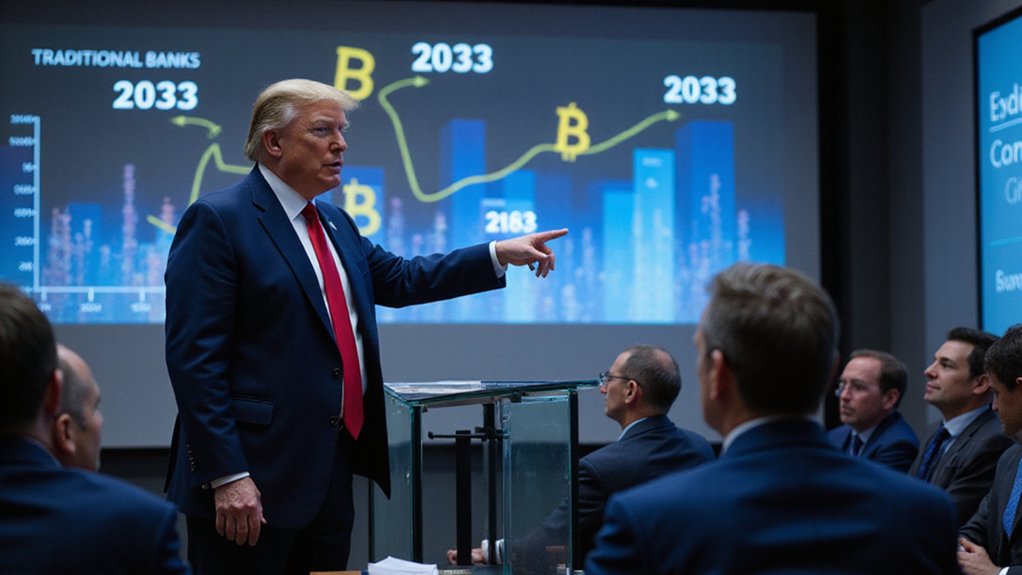In a landscape where crypto exchanges rise and fall with the regularity of speculative tokens, KuCoin has made an unequivocal statement about its long-term intentions—a staggering $2 billion commitment to bolster security and transparency across its ecosystem.
The announcement, strategically revealed at TOKEN2049, represents not merely a capital allocation but a philosophical stance on the industry’s most persistent Achilles’ heel: trust.
Beyond capital, KuCoin’s investment declares a fundamental position on the industry’s perennial weakness—trustworthiness itself.
This multi-year investment strategy encompasses four cardinal pillars: platform security infrastructure, transparency mechanisms, regulatory compliance, and user education.
KuCoin’s security enhancements aim to fortify defenses against the ever-evolving threat matrix that plagues digital asset platforms—a necessary evolution in an ecosystem where nine-figure hacks have become distressingly commonplace.
The transparency component—arguably the most ambitious element—involves developing on-chain verification systems that render KuCoin’s operations demonstrably verifiable.
This move toward radical transparency (a concept that remains somewhat revolutionary in an industry built partially on pseudonymity) includes regular reporting and infrastructure neutrality provisions designed to eliminate operational opacity.
Regulatory collaboration forms the third cornerstone of this initiative.
While some platforms continue playing jurisdictional arbitrage, KuCoin appears to be embracing a compliance-first approach, deepening partnerships with global regulators and supporting legislative frameworks that provide clarity without stifling innovation.
Perhaps most surprisingly, the allocation includes substantial funding for educational initiatives aimed at improving crypto literacy.
These programs—encompassing workshops, training sessions, and community engagement—recognize that security ultimately depends on user understanding as much as technological safeguards. The initiative strengthens the KCS ecosystem for enhanced user incentives, governance innovation, and expanded utility. With comprehensive multi-factor authentication systems already in place, KuCoin builds upon its existing security infrastructure that helped it recover from a 2020 security breach.
The implications extend beyond KuCoin’s immediate user base.
By establishing elevated standards for institutional-grade trust, the initiative potentially accelerates mainstream adoption while raising expectations for competitor exchanges.
The Trust Plan was formally introduced during the first public appearance of BC Wong as the new CEO, signaling a leadership transition focused on rebuilding industry confidence.
Whether this $2 billion gambit represents prescient strategy or merely table stakes in an increasingly competitive landscape remains to be seen.
Nevertheless, in committing resources of this magnitude to the industry’s foundational challenges rather than superficial growth metrics, KuCoin has at minimum acknowledged an essential truth: in cryptoeconomics, as in traditional finance, trust remains the ultimate currency.









